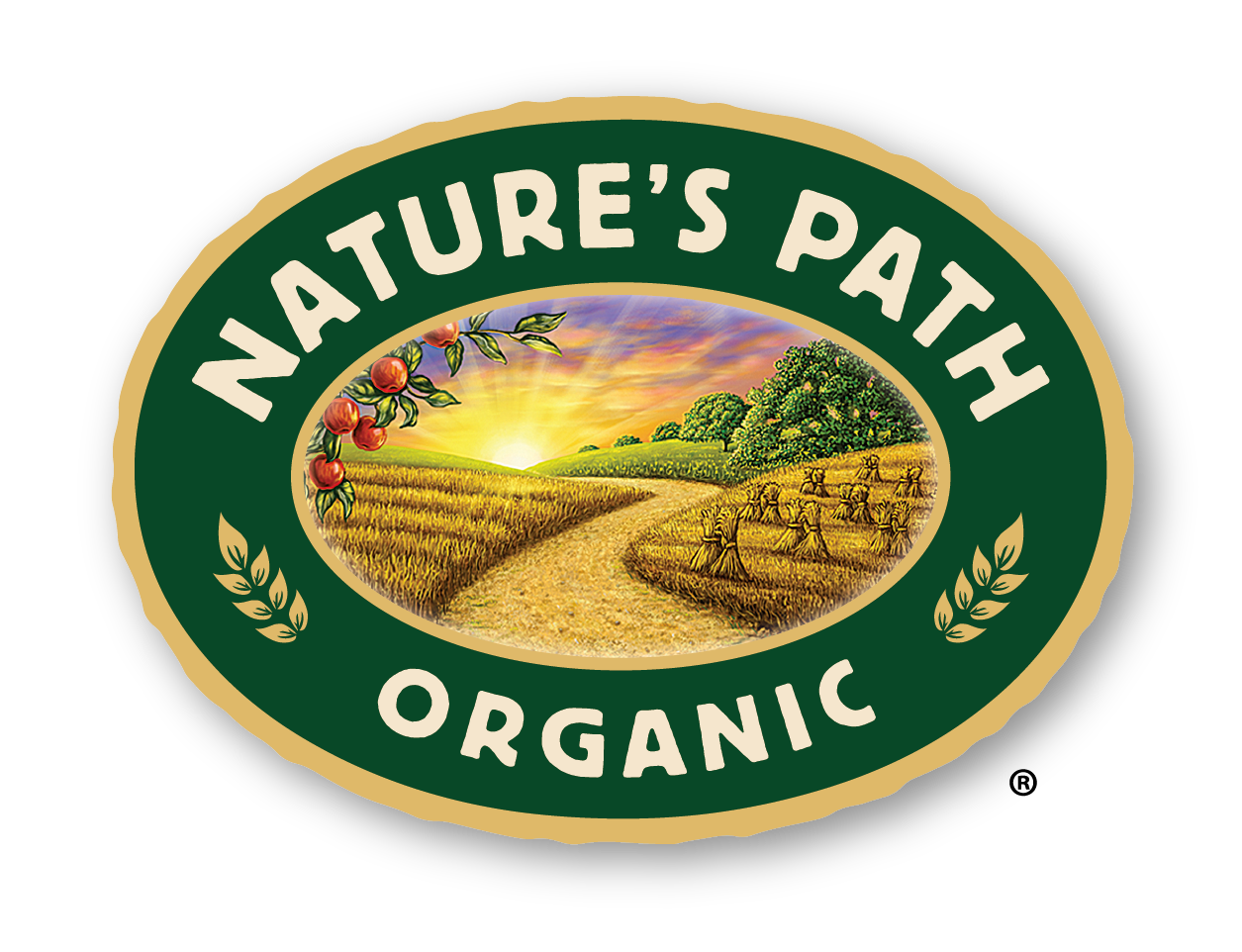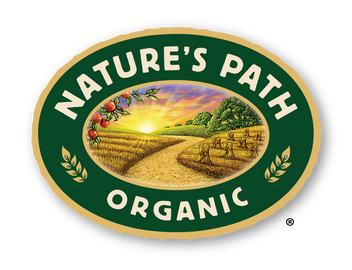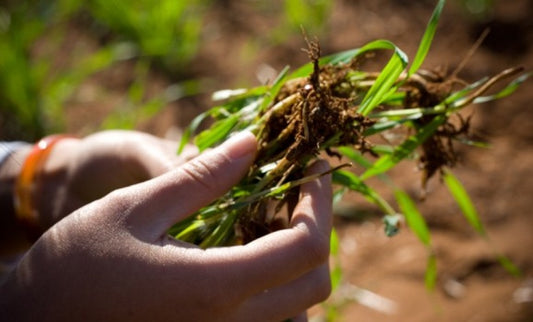The Core Difference
Vegans eat no animal products, while vegetarians don't eat animals, but may eat products that come from them (such as dairy and eggs). People typically choose these diets because of health concerns, religious restrictions or moral concerns about harming animals. Although all vegans tend to follow the same set of clear cut guidelines - eat nothing that came from an animal - there are a few different types of vegetarian diets.Vegetarianism
Lacto-ovo (or ovo-lacto), from the Latin words for milk and egg, is the most common type of vegetarian. As the name suggests, people who follow this diet eat dairy products and eggs but avoid meat, poultry and seafood. Lacto vegetarians eat dairy products but no eggs, meat, poultry or seafood. Ovo vegetarians eat eggs but no dairy products, meat, poultry or seafood. Pesco vegetarians, or pescatarians, don't technically meet the common definition of vegetarian. People who follow this semi-vegetarian diet eat fish and other seafood but no poultry or meat.Veganism
Vegans who choose this diet for moral reasons tend to be passionate about animal welfare, so many avoid wearing leather and suede because they are made from animal skins. They may also avoid any fabrics that are made from animal byproducts, including wool and silk, because the animals used to produce these materials are often harmed in the process. Many vegans also look for cruelty-free cosmetics and beauty products.Foods to Avoid
Because many people don't realize how many seemingly animal-free foods actually contain small amounts of animal products, becoming vegan or vegetarian can come with a lot of surprises. For instance, non-fat yogurt and candies often include gelatin, which is made with animal parts, and some orange juice brands are fortified with omega-3 from fish. For vegans and vegetarians, it's important to ask questions about how restaurant food is prepared before ordering it. Many soups and sauces that don't seem to contain meat are made with chicken or beef stock, tortillas are sometimes made with lard, and fried foods may be made with animal fat. Vegans also avoid honey, and have to carefully read the ingredient labels of any new foods. For instance, some chocolate is vegan, but other types include milk.Nutritional Concerns
These diets can be very healthy, but like anyone, vegans and vegetarians need to be mindful of nutrition deficiencies. For instance, dairy products are a major source of calcium and vitamin D, so vegans and ovo vegetarians should eat lots of dark leafy greens (another good source of calcium) and choose foods that are fortified with calcium. If you go vegan, you may also want to consider vitamin D supplements. Vitamin B12 is necessary to prevent anemia, and because it's only naturally found in animal products, vegans in particular may want to consider vitamin supplements or foods fortified with the nutrient.Foods to Embrace
Luckily, vegans and vegetarians don't suffer from a lack of nutritious and delicious foods. Vegetables, fruit, grains, nuts and beans are suitable for both diets when they're prepared correctly. And vegans can choose from a huge variety of products made with plant-based dairy substitutions. Cooking and baking your favorite treats is also still totally possible with a few simple swaps. Try making a vegan charcuterie spread, cheesy oats with tomatoes and avocado, or spicy black bean burgers. They're the kind of vegan treats that even meat eaters will devour!Would you like to be the first to hear about our new products and more? Sign up for our Nature’s Path Newsletter.








